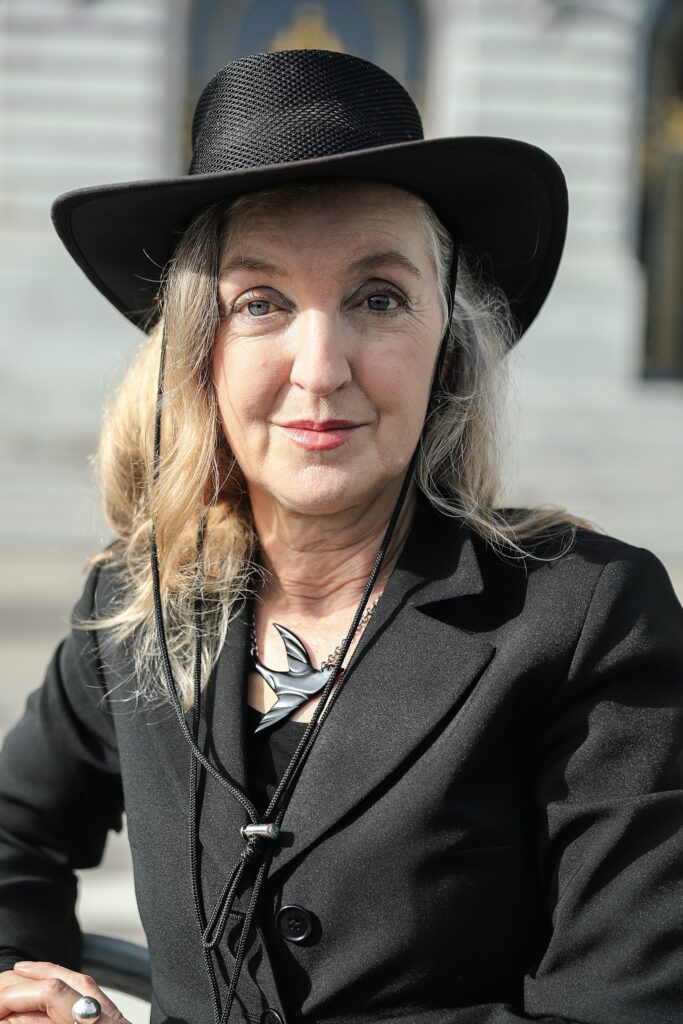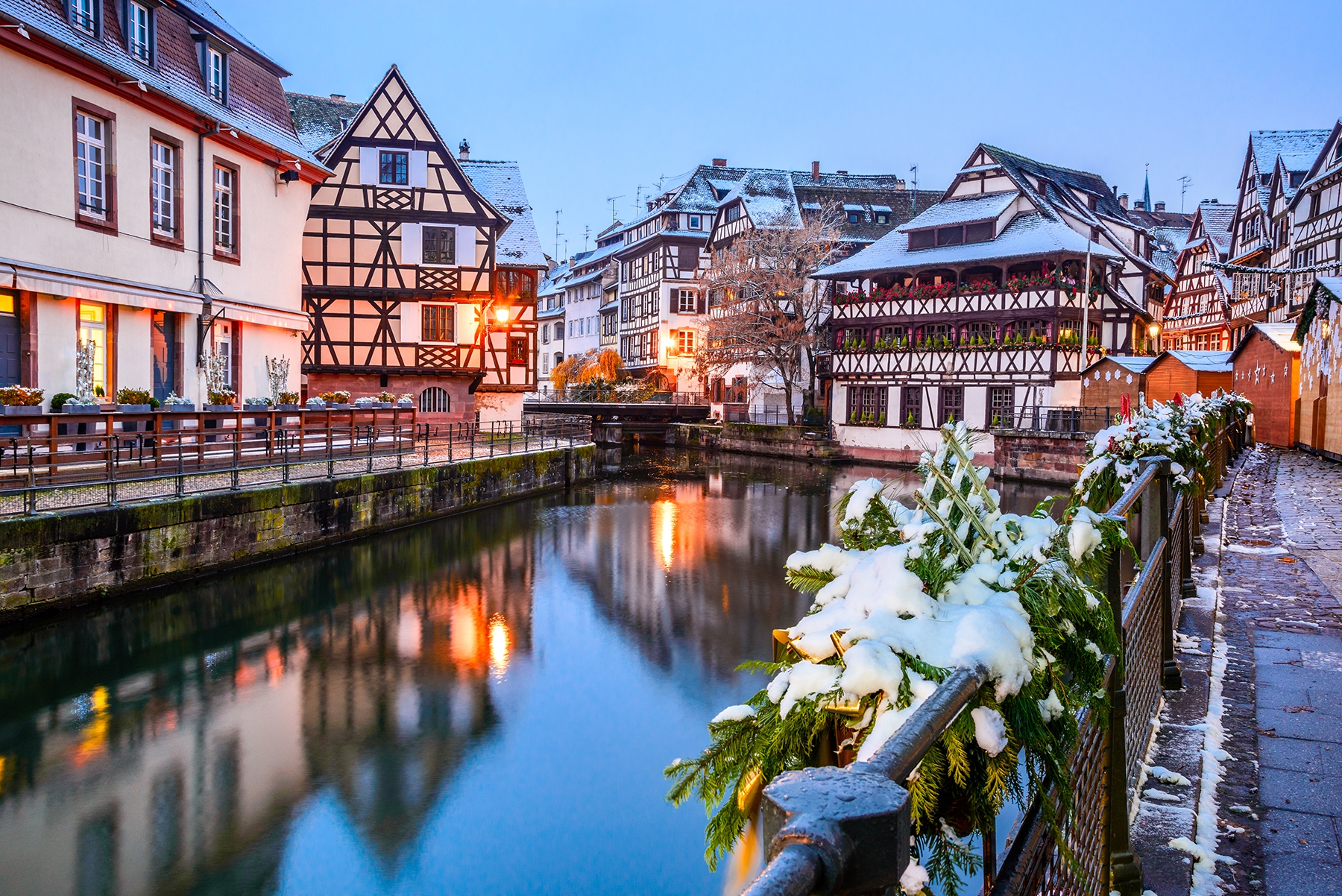In this era of climate crisis there’s plenty of doom and gloom going around. The prevailing metaphor is that we’re inching toward a precipice—or maybe barreling toward it. That is, if we haven’t already plunged over the edge. Doomerism, as it’s known among climate activists, abounds.
But hope—for our planet, for the future, for humanity—has a champion in Rebecca Solnit. For decades, the prolific author and activist has been making the case for hopefulness. Not the wistful kind. And not the glass-half-full kind either. Hope, she says, is a discipline, a tool. It’s a different way of seeing history, social change, and the future. Hope impels action.
She stresses that hope differs from optimism, which Solnit describes as the “blithe confidence that we know what’s going to happen.” Optimism says everything will be fine, thus obviating the need to act.

“Pessimism and optimism are very similar that way,” she says. “They both assume we know the future.” By contrast, Solnit argues, hope means embracing the uncertainty of the future. The end of the human story hasn’t been written yet. The precipice is just a narrative. Each of us, armed with hope, can have a hand in scripting the future we want.
“I choose not to go with the defeatists,” Solnit says.
Like Howard Zinn or Nikole Hannah-Jones, Solnit is a teller of alternate histories. In her 2009 book A Paradise Built in Hell, she looked past the grim headlines of historical disasters to reveal the ways in which calamity brought out the best in humanity. And in Hope in the Dark, written during the escalating Iraq War, she reminds progressives of the gains they’ve made and urges them to keep the faith. The books are profound pep talks for despairing do-gooders. Chin up, Solnit says. Goodness has won before, and it’ll win again.
She’s back at it with the new essay collection Not Too Late, this time as an editor and contributor alongside Thelma Young Lutunatabua. The book is a call to action featuring essays from climate scientists, activists, and other messengers of hope. The authors seek to inspire action both by providing encouraging facts and by reframing the issue, focusing on the many victories big and small of the climate movement.
“It’s not too late. We have the solutions,” she says. “The climate movement is huge and has won many victories. We know what to do. The hugest battle I think the climate movement will ever have to win is the public imagination.”
Not Too Late reminds us that change doesn’t often come from on high, but is rather the culmination of years or decades of grassroots action. But taking proper stock of these victories requires the long view. “An important component of hope is thinking in long time frames,” Solnit says. “If you remember the status of women when I was born 61 years ago, there’s been an absolute revolution. If you only look at Roe v. Wade being overturned and some of the misogyny of the last few years, you might feel very differently about what feminism has achieved…. You might fail to see Mexico, Argentina, and Ireland all voting in abortion rights.”
Feelings of powerlessness can be compounded by the seeming futility of trying to convert nonbelievers. But, she stresses, “We don’t need everyone to agree with us. We need a lot of the people who agree with us to become active and engaged.”
And when people embrace uncertainty and take action, Solnit says, there are often positive outcomes that go unnoticed. In her essay “In Praise of Indirect Consequences” from Not Too Late, Solnit tells the story of a young activist from New York City who joins a packed station wagon in 2016 and rides across the country to Standing Rock to protest the building of the Dakota Access Pipeline (a protest that Solnit herself participated in). Activists ultimately failed to stop the pipeline. But when the young woman returned home, she decided to get involved in politics to continue the struggle. Her name is Alexandria Ocasio-Cortez. And elements of her unrealized Green New Deal eventually found their way into President Joe Biden’s Build Back Better legislation.
“We need to remember our own heroic nature, our capacity for courage, compassion, and action,” Solnit writes, “to remember those who came before us who took action against the odds and sometimes won.”


















